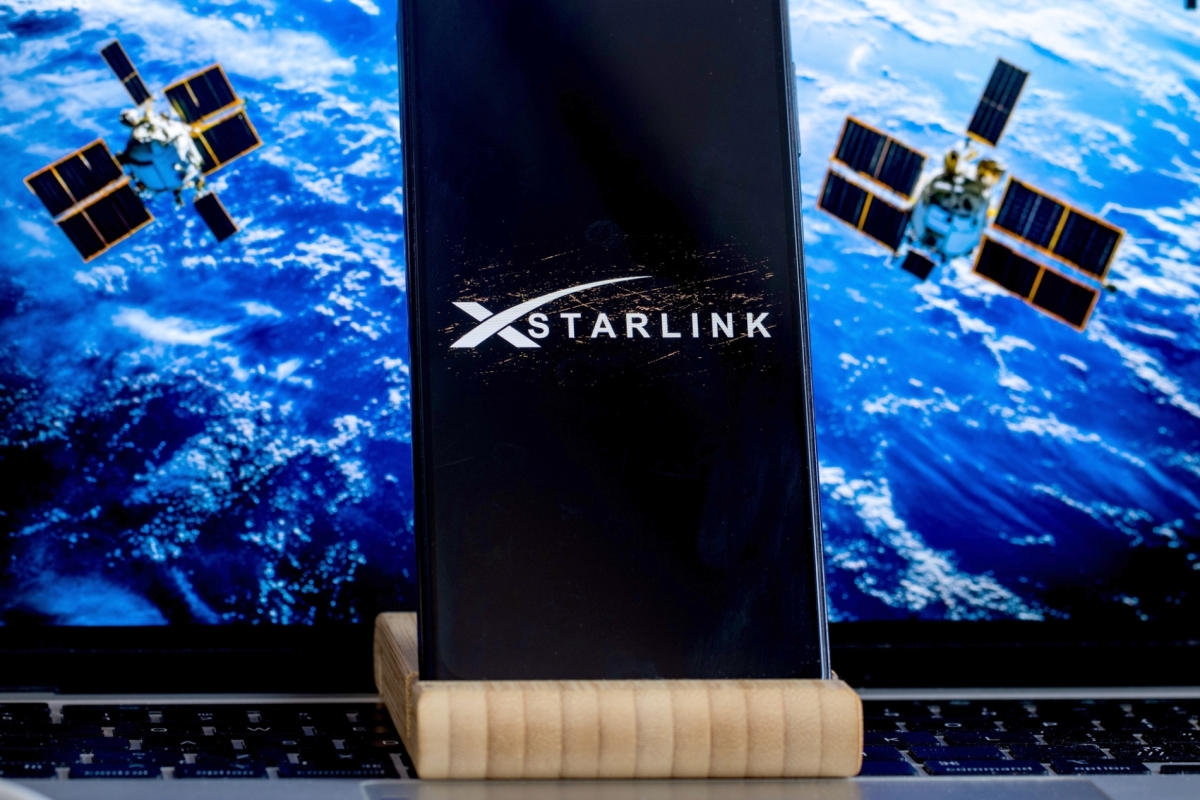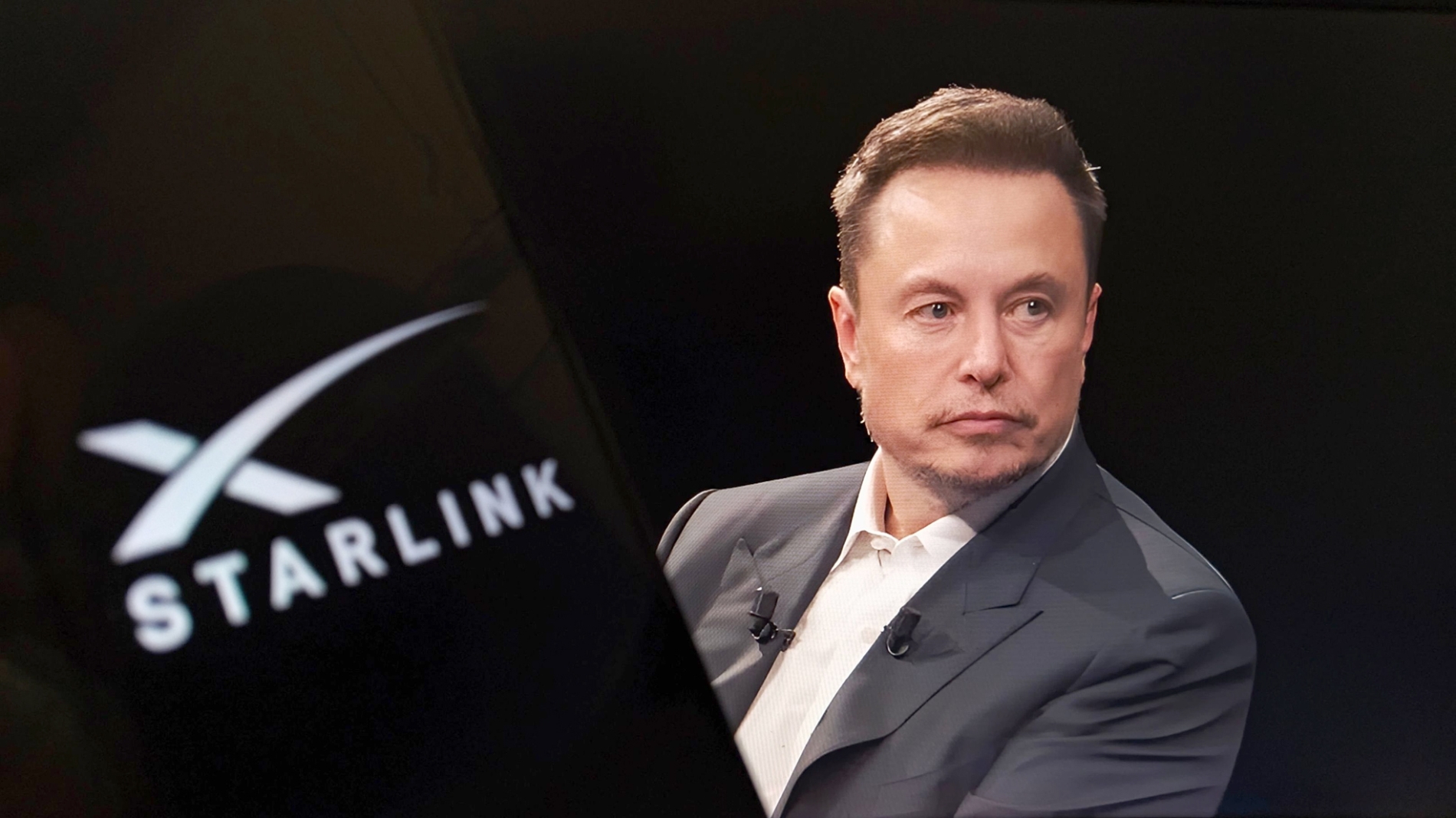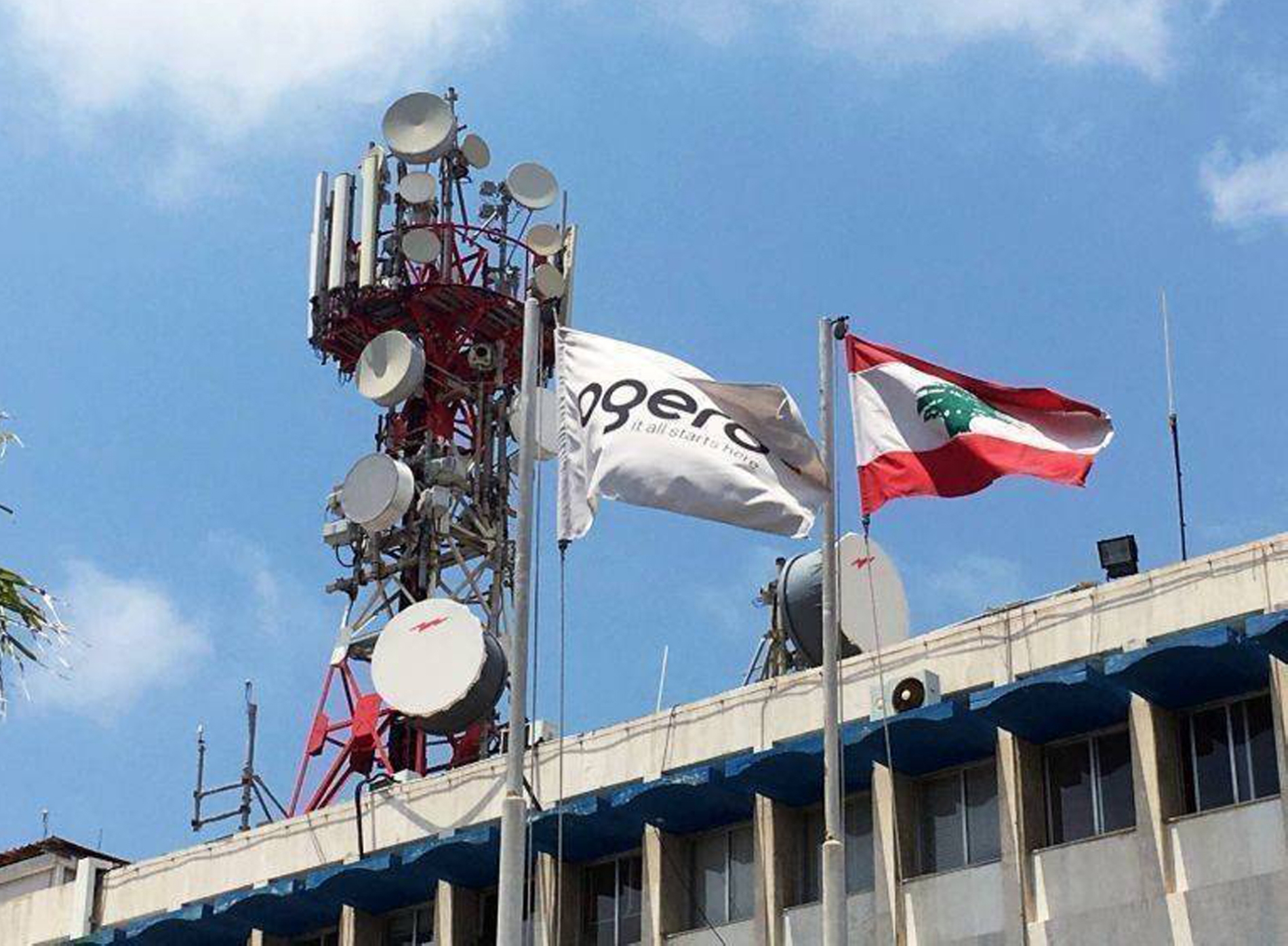Lebanon is a land of necessary neighbourhood generators, patchy internet connections, entrepreneurial ideas, and effectively absent regulatory oversight. When Israeli bombing targeted southern Lebanon late last year, the internet was cut off. Suddenly, the satellite internet service offered by US-based entrepreneur Elon Musk became important. Negotiations between the company and the Ministry of Telecommunications followed. The aim is to integrate Lebanon into Starlink’s network of 136 serviced countries.
Lebanese media revealed that Starlink had carried out pilot tests with the approval of security agencies, after agreeing to provide authorities with a tool for accessing user data similar to the arrangements made with Ogero, Lebanon’s state-run telecom operator. How it does so is open to question, since the national Telecommunications Regulatory Authority—established under Law 431/2002—has been inactive since 2012, when its board members fell out.
Series of meetings
On 29 May, Lebanon’s Presidential Office said President Joseph Aoun had been briefed by Sam Turner, Starlink’s Global Director of Licensing and Development, on the company’s ongoing talks with the Ministry of Telecommunications. Starlink could help Lebanon’s industrial, commercial, banking, educational, and governmental sectors, Turner said. Prime Minister Nawaf Salam’s office said he had also been briefed by Turner, alongside US Ambassador Lisa Johnson.
Soon, Economy and Trade Minister Amer Bassat said Starlink’s entry into Lebanon would “provide the private sector with additional, reliable, and efficient internet services”. Weeks later, on 26 June, Aoun spoke by phone to Elon Musk, who is reportedly keen to enter Lebanon. Aoun invited him to visit and welcomed the idea of Starlink, saying he would support it as far as he was able, or “within the framework of applicable Lebanese laws and regulations”.













